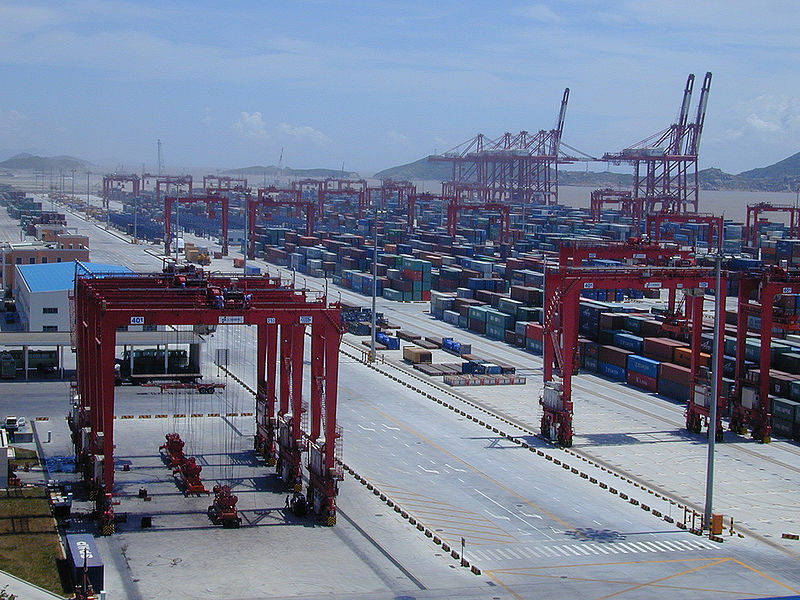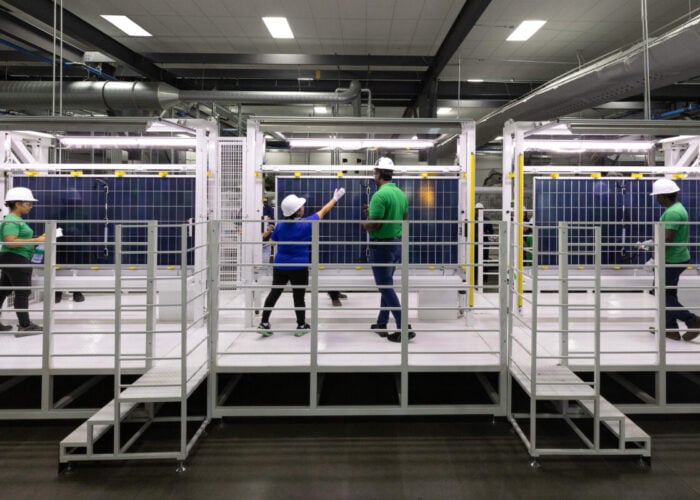
Manufacturers in a range of sectors should consider fattening their inventories as quickly as possible to mitigate a prolonged disruption to global supply chains.
That is according to supply chain specialist Achilles, which said the reemergence of COVID-19 in China has led to a “desperate need” for procurement professionals to alleviate the potential impact of supply losses in the coming months.
Try Premium for just $1
- Full premium access for the first month at only $1
- Converts to an annual rate after 30 days unless cancelled
- Cancel anytime during the trial period
Premium Benefits
- Expert industry analysis and interviews
- Digital access to PV Tech Power journal
- Exclusive event discounts
Or get the full Premium subscription right away
Or continue reading this article for free
The firm’s latest report on the resilience of global supply chains indicates high risks are evident across almost all sectors and geographies.
“Having only just moved past the challenges that COVID brought, supply chains are once again looking extremely fragile, perhaps the most so since the start of the century,” the report reads.
Manufacturers should consider acting now to mitigate greater risks months down the line, according to Achilles chief product officer Katie Tamblin. “By bringing planned orders forward as much as possible, that extra stock cycle and the extra planning time it brings could prove to be an invaluable way to find alternative sources of supply,” she said.
The report notes that the coronavirus pandemic has reasserted itself as a driver of supply chain risk in China, where the government’s “zero-COVID” policy has seen the imposition of restrictions on movement, cutting production in major manufacturing hubs such as Shanghai and Shandong.
Some manufacturers have been allowed to open in Shanghai and other areas, but with backlogs in second- and third-tier suppliers, and with workers’ movements restricted, output has been hampered, according to Achilles.
The firm found that the relaxation of some COVID restrictions in China is not always being translated into restarted output, with companies potentially able to restaff their production lines, only to find outsourced components are unavailable.
In terms of shipping, while the world’s largest and fourth-largest ports, Shanghai and Shenzhen, have been in lockdown, causing vehicles to become stuck, the port of Ningbo-Zhoushan was able to increase its throughput in April by 10% year-on-year to relieve some of the pressure.
As restrictions ease, Asia-based manufacturers may face delays exporting their product, especially internationally, the report found. Citing data from supply chain analyst FourKites, Achilles said average container dwell time – the time a ship spends secured at port for discharging and loading cargo – increased from 3.4 days to 8.3 days in Shanghai in April.
A report published last month by renewables insurer GCube found that procurement delays and cost inflation in the solar industry are set to increase unless there is an industry-wide effort to diversify the sector’s supply chain.
Recurring COVID-19 lockdowns in China, combined with a shortage of other options for the manufacture and supply of solar components worldwide, “send a clear message on the importance of diverse supply opportunities”, GCube said.






